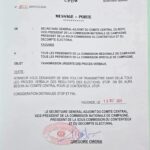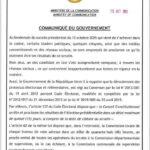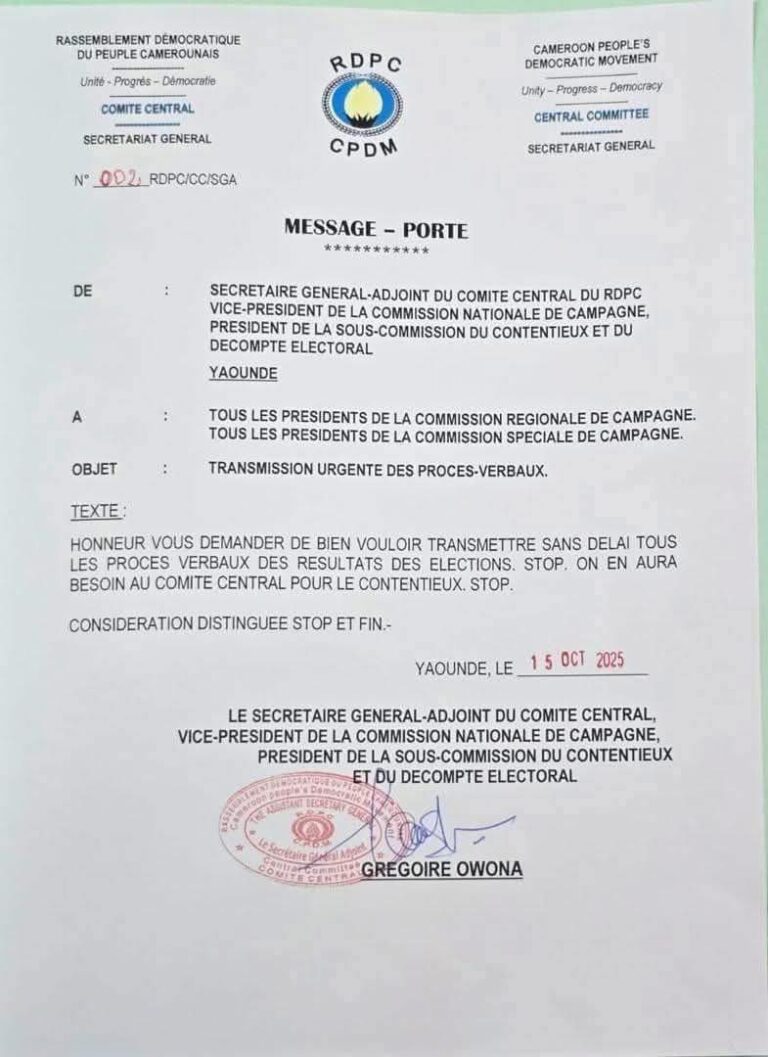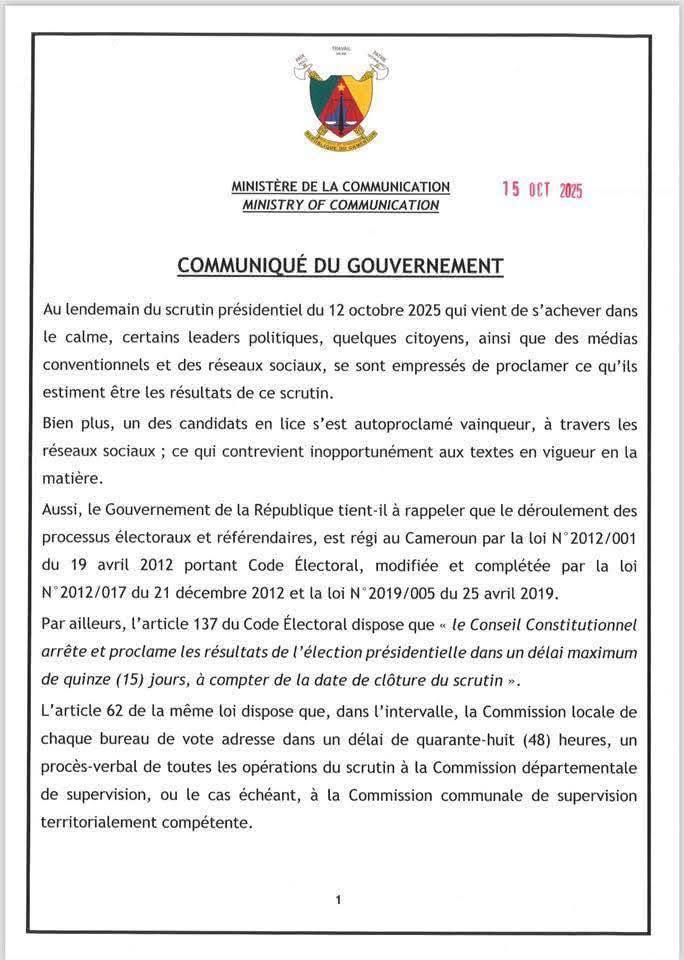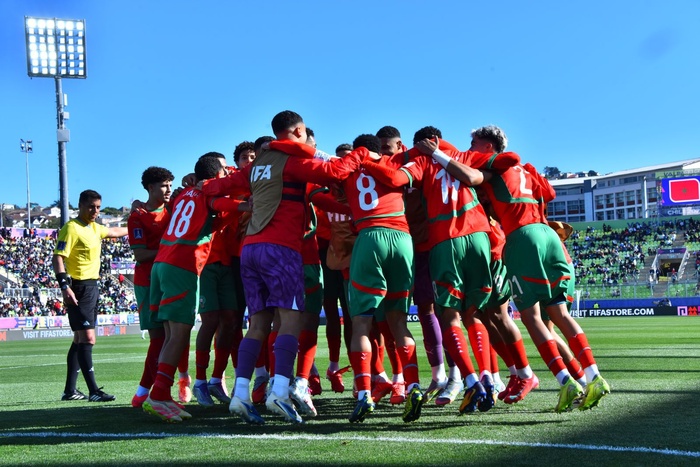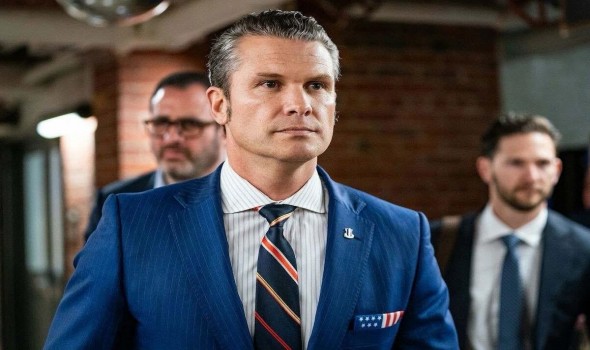Rigathi Gachagua: My Attacks on Uhuru Were Never Personal, Just Politics
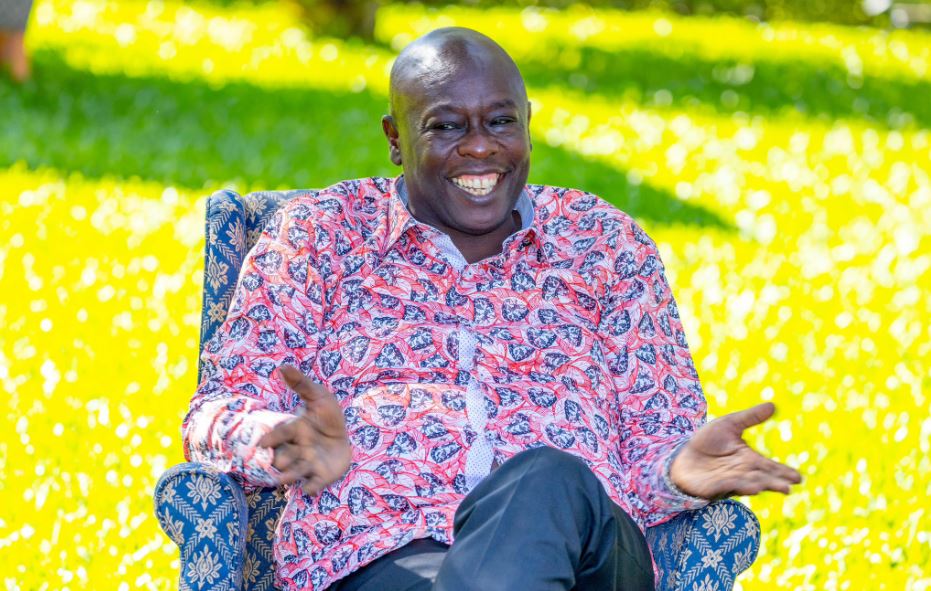
Former Deputy President Rigathi Gachagua has dismissed suggestions that his past criticism of former President Uhuru Kenyatta stemmed from personal grudges, insisting that his attacks during the 2022 campaigns were simply part of the political battlefield.
Gachagua, who served as President William Ruto’s running mate during the heated 2022 General Election, had repeatedly accused Kenyatta and his family of benefiting from “state capture” and promised to investigate those involved if their government took power.
However, speaking during an interview with KTN News on Sunday, the former deputy president clarified that his remarks were driven purely by campaign dynamics, not personal animosity.
“Campaigning was campaigning; when you are campaigning, there are no rules. It’s rough and nothing personal, really. We were just looking for leadership,” Gachagua said. “The things that were said then dropped immediately when the election was over. You don’t bother about them.”
Now eyeing the presidency in 2027, Gachagua urged Kenyans to view politics with maturity, noting that election campaigns are “not a church affair or a wedding.”
“When you’re looking for votes, you come up with all sorts of issues against your opponents. And really, there is nothing personal. Once the elections are over, you move on,” he said.
He added that it is common for political rivals to reconcile after elections, citing the post-election handshake between Uhuru Kenyatta and Raila Odinga, and President Ruto’s current cooperation with Odinga.
“Just like you have seen, even Uhuru Kenyatta himself – things that he said against Raila Odinga, then they came and patched up and worked together,” Gachagua said. “Look at William Ruto; he called Raila all sorts of names – Muganga, Kitendawili – and today they are calling each other brothers.”
The former deputy president said such turnarounds are part of political life, describing politics as a game where harsh words are often exchanged without lasting bitterness.
“When people are campaigning and they use words here and there against each other, it’s part of the game. There is nothing really personal,” he reiterated.

